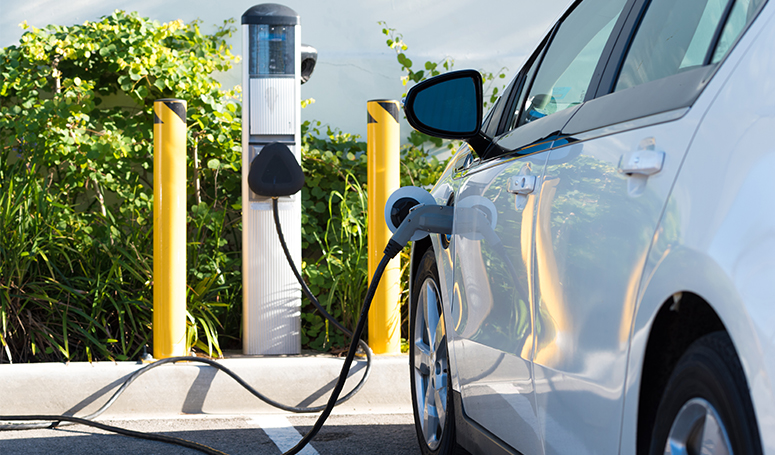13th June, 2022
Following a ban on new petrol and diesel car sales from 2030, the government * announced plans to install up to 145,000 charging points across England each year. Included within this, all new homes and buildings (including homes and buildings undergoing renovation) will be forced to abide by these rules surrounding installation.
Whilst this move towards tackling climate change is great, the ambitious government plans could be hampered by a lack of materials and skilled employees.
The scheme was unveiled by Prime Minister Boris Johnson last November, who said the UK was going to “radically” change its cars, trucks, buses and other modes of transport to become more sustainable.
“The force driving that change won’t be government, it won’t even be business…it will be the consumer,” he said.
“It will be the young people of today, who can see the consequences of climate change and will be demanding better from us.”
But Labour said the announcement did not address the fact that London and the South East have more public car charging points than the rest of England and Wales combined, nor was there any help for lower and middle income families to afford electric vehicles.
Britain currently has about 25,000 charging points, but the Competition and Markets Authority has said it could need 10 times as many before 2030.
The Policy Exchange experts further warned what the rollout of charging points has fallen behind and said there is a risk of “charging blackspots” in small towns and rural areas unless it speeds up.
It’s clear that the move towards a greener future is picking up, as the number of new electric vehicles registered in the UK in 2021 was more than the previous five years combined.
However, the development of UK charging infrastructure is reportedly slow because it faces challenges including a lack of materials and not enough skilled employees.
The Covid-19 pandemic has caused major disruptions in the supply chain network, resulting in the shortage of essential parts and machinery for making EV chargers.
There is also a shortage of technicians in the automotive industry with the necessary skills to maintain or repair electric vehicles and charging systems.
The Institute of Motor Industry (IMI) revealed last year that only 6.5% of the entire automotive industry workforce was ready for the switch to electric vehicles.
And only 5% of the workforce in garages is qualified to handle electric and hybrid vehicles.
As we move closer towards the petrol and diesel ban, you may well be considering purchasing an electric vehicle (if you haven’t bought one already). If so, we’ve partnered with One Eco Charge to offer you electric vehicle charging points that don’t break the bank.
Working alongside leading manufacturers, One Eco Charge offer specialist installation of electric vehicle chargers across the nation.
If you think that you could benefit from One Eco Charge’s services, feel free to visit their website*. Alternatively, you can contact a member of their team on 01302 565509 if you have any questions.
* By clicking this link, you will be redirected to away from our website.
* Please note that the above information has been gathered through secondary research. The information provided is not based on our opinion. You should seek further guidance and information before making an informed decision.

